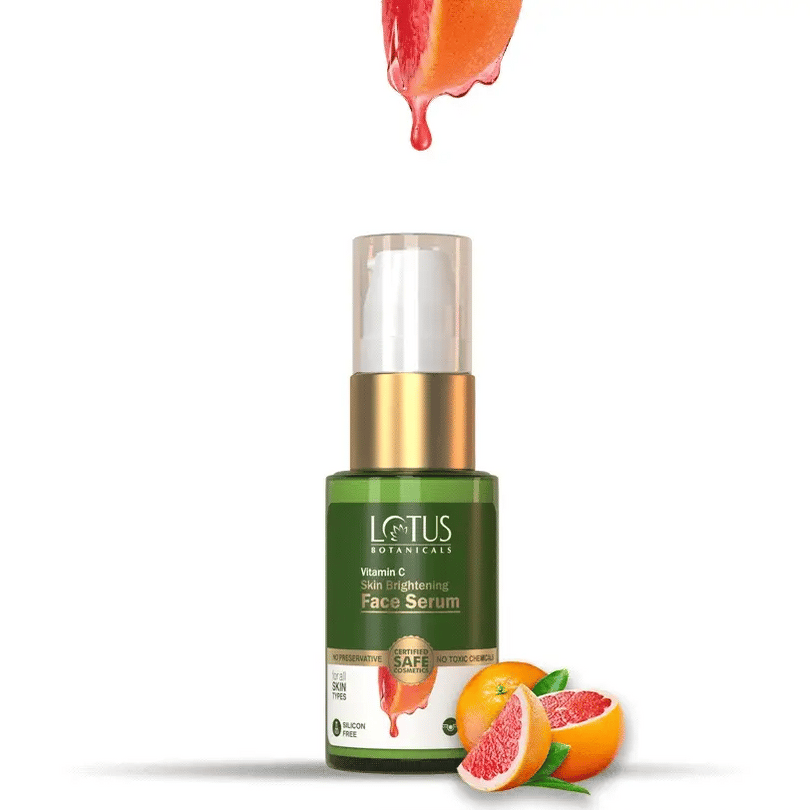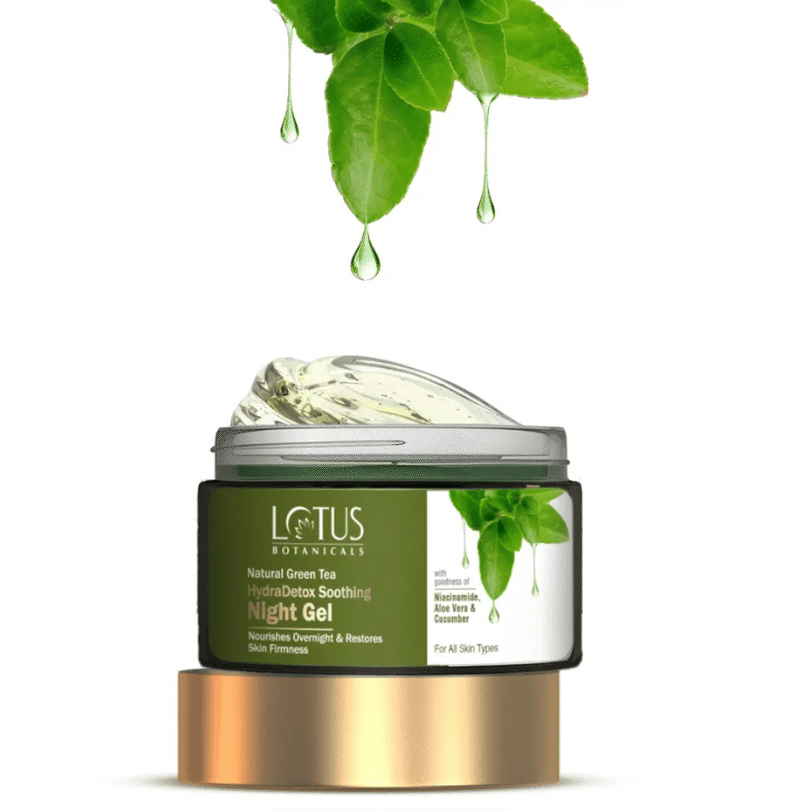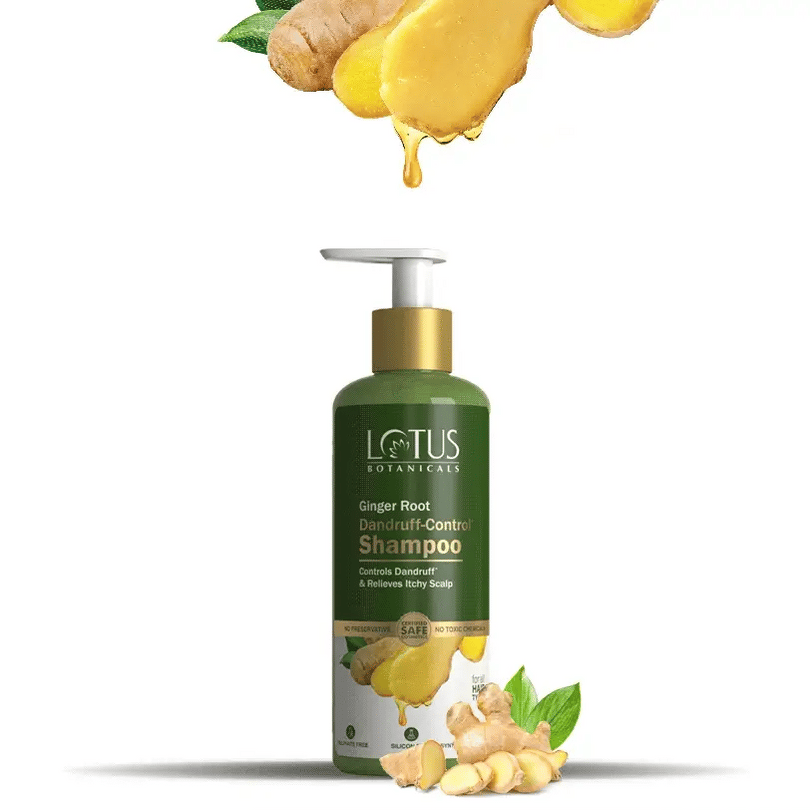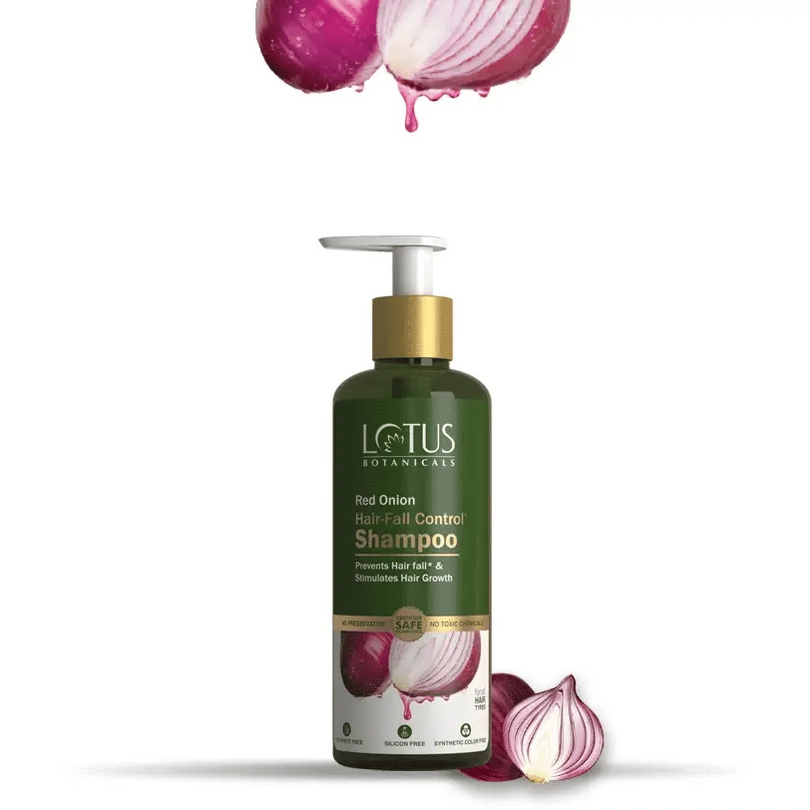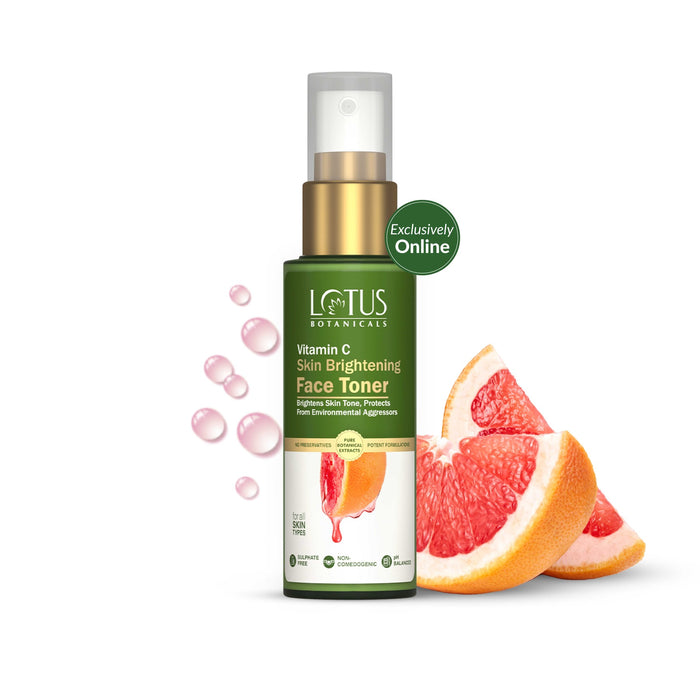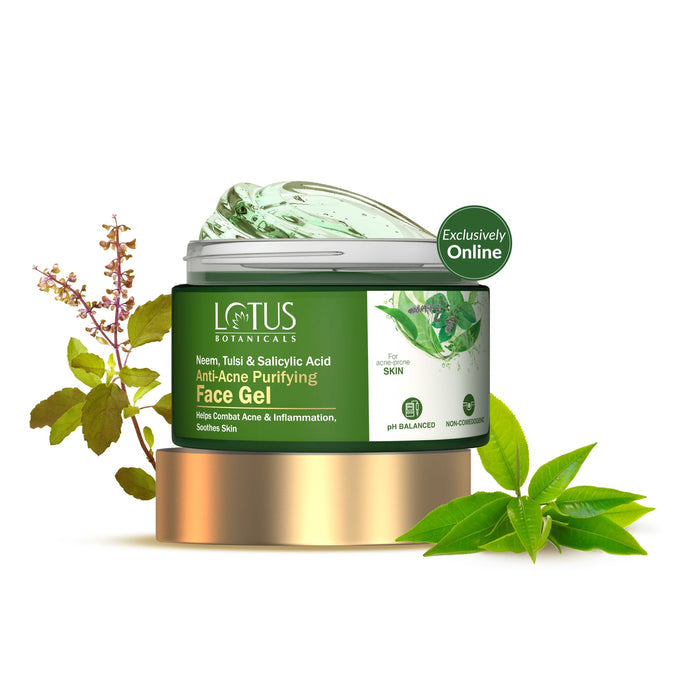
Rose
The rose, a symbol of love and beauty for centuries, has been used in skincare for just as long. Modern science is now validating this ancient tradition, revealing the remarkable benefits of rose for your skin. Roses, beyond their symbolic beauty, hold potent properties for achieving a luxuriously soft, glowing complexion.
Best Used With
- Hyaluronic Acid: Hyaluronic acid attracts and retains moisture, working synergistically with rosewater's hydrating properties.
- Vitamin C: Vitamin C works well with rosehip oil to boost collagen production and brighten the skin.
- Shea Butter: Shea butter adds a layer of rich emollience, complementing rose's hydrating and soothing benefits.
- Honey: Honey's antibacterial properties may work well with rose for blemish-prone skin.
Frequently Asked Questions
Generally yes, rose is gentle and well-tolerated by most skin types. However, do a patch test before applying a new product.
Rosehip oil's antioxidants may help reduce the appearance of fine lines and wrinkles with consistent use.
The frequency depends on the specific product. Generally, rosewater can be used daily, while rosehip oil may be best used 2-3 times a week.
Rose-based products often have a natural rose scent. Choose fragrance-free options if you have sensitive skin.
While uncommon, some people may experience mild allergic reactions. Discontinue use if irritation occurs.
Rose may help reduce hyperpigmentation with regular use, but it won't dramatically lighten skin tone.
Consistency is key. Expect to use rose-infused products for several weeks to experience noticeable improvements.







